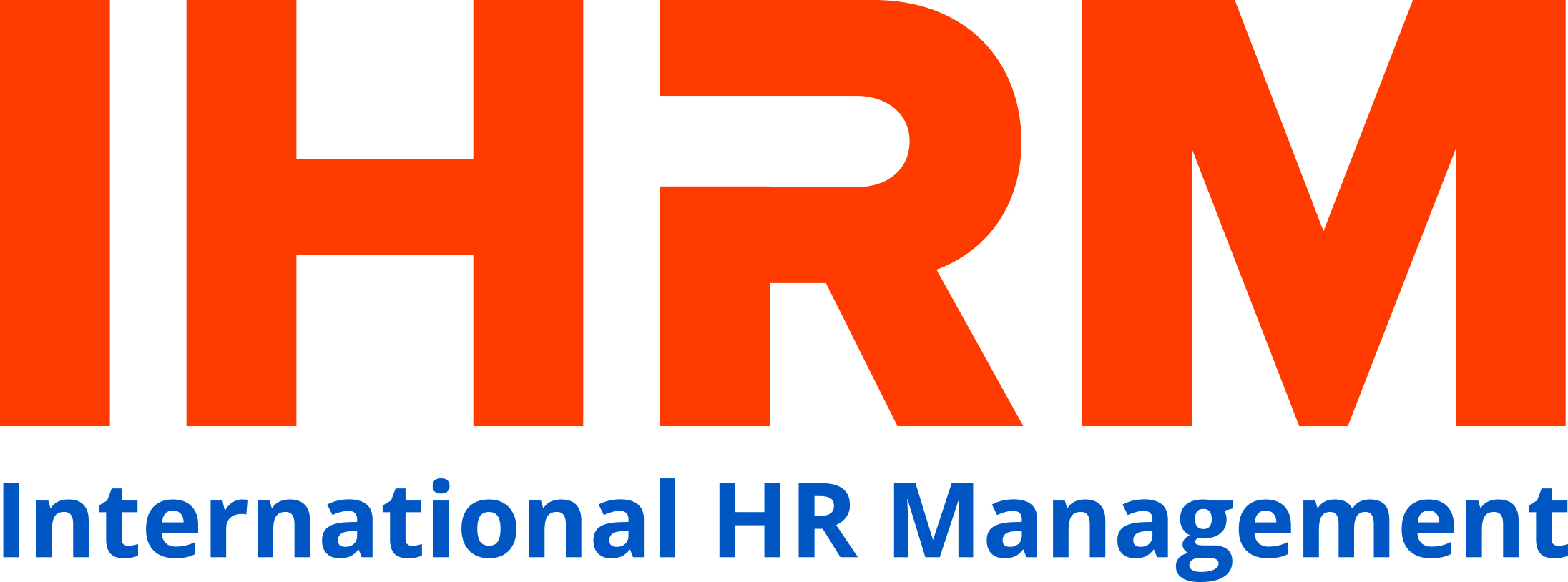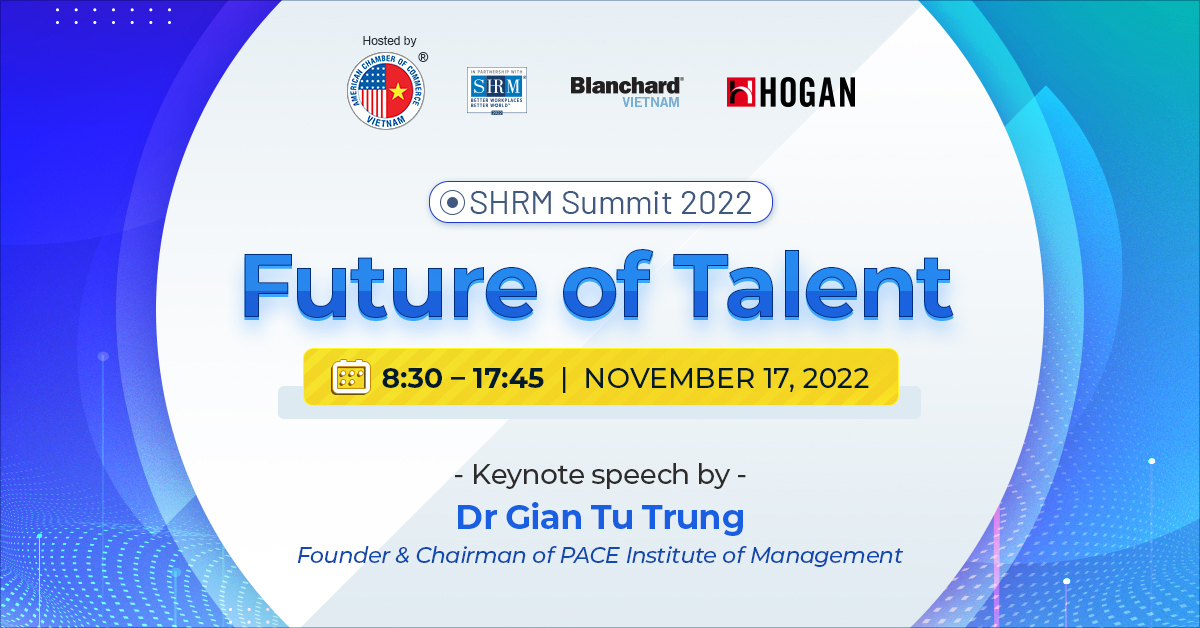IS MINDFULNESS IN THE WORKPLACE REALLY EFFECTIVE?
Mindfulness has become a popular key to decrease stress and improve work-life balance. It is widely used by organisations to help their employees stay engaged and productive in the workplace. Needless to say, many researches also suggested bringing this advertency in order to make staff more alert, belonged, and connected to their job.
The good effect of mindfulness
Conducting research over 60 employees of a Midwestern digital marketing firm, APA study found that half-day mindfulness training has proven enough to increase perceptions of job productivity. Meanwhile, longer-term training programs are needed to improve work focus, job satisfaction, and a positive relationship at work.
As our modern lives are increasingly stress-inducing and over-stimulating, technology exists to ease our ways and help us with mundane tasks. In addition, the technology is able to help individuals practise mindfulness. Mindfulness apps, for example, help remind individuals to not forget doing their self-centred practice.

A study published in NCBI revealed that when practising mindfulness using technology such as smartphone apps, the training could bring positive effects on mood and stress while providing long-term benefits for attentional control. The investigation also suggested that mindfulness training via a smartphone app could have long-term benefits in changing how one relates to their inner and outer experiences.
As our modern lives are increasingly stress-inducing and over-stimulating, technology exists to ease our ways and help us with mundane tasks. In addition, the technology is able to help individuals practise mindfulness. Mindfulness apps, for example, help remind individuals to not forget doing their self-centred practice.

A study published in NCBI revealed that when practising mindfulness using technology such as smartphone apps, the training could bring positive effects on mood and stress while providing long-term benefits for attentional control. The investigation also suggested that mindfulness training via a smartphone app could have long-term benefits in changing how one relates to their inner and outer experiences.
The roadblock to mindfulness for employees
Mindfulness app, nevertheless, could also be a distraction to oneself. Thus, instead of increasing self-awareness and reducing work pressure, the app can add more burden to oneself. Daniel Garrahan at FT commented that the biggest obstacle to mindfulness app is the time to use it. Frustratingly, as you increase the duration of mediation, added Garrahan, the more distracted and mind drifted you will be.
In another discussion, Gustavo Razzetti also said that most of mindfulness apps are designed to make us feel more present. However, this design somehow adds more distractions and pressure. The app will interrupt you and remind you that it is time for your daily meditation. As an example, you are in a rush for project deadline and the app distracts your attention and focus. How would you feel?
Another barrier to mindfulness practice in the workplace is that most companies are practising advertency as a way to promote their business and get a better return on investment.
Aikens et al. research calculated that return of investment has been made better when mindfulness practice is in place. In their controlled trial, researchers observed a 20 percent increase productivity in employees to a short online advertency training.
In conclusion, this practice tends to be a quick fix for an employer to promote health and self-awareness at work which is far from the real meaning of advertency training. Mindfulness is meant to bring an individual back to their self-centred mind in order to turn chaos to a conducive situation. It takes time to do this but corporations often see it as a magic pill.
“Many companies give mindfulness training such as meditation as a quick fix that is much cheaper, at least in the short term.”
In another discussion, Gustavo Razzetti also said that most of mindfulness apps are designed to make us feel more present. However, this design somehow adds more distractions and pressure. The app will interrupt you and remind you that it is time for your daily meditation. As an example, you are in a rush for project deadline and the app distracts your attention and focus. How would you feel?
Another barrier to mindfulness practice in the workplace is that most companies are practising advertency as a way to promote their business and get a better return on investment.
Aikens et al. research calculated that return of investment has been made better when mindfulness practice is in place. In their controlled trial, researchers observed a 20 percent increase productivity in employees to a short online advertency training.
In conclusion, this practice tends to be a quick fix for an employer to promote health and self-awareness at work which is far from the real meaning of advertency training. Mindfulness is meant to bring an individual back to their self-centred mind in order to turn chaos to a conducive situation. It takes time to do this but corporations often see it as a magic pill.
“Many companies give mindfulness training such as meditation as a quick fix that is much cheaper, at least in the short term.”
The real practice – be more human
Basically, mindfulness is more than a mere productivity tool. Employers must understand this in order to cultivate the real benefits of having this advertency practice. On the contrary, if you only care about productivity while ignoring the real issue that occurs, mindfulness will no longer serve as a solution but more problems.
Source: HRINASIA
|
Training Program  Internationalize the human resource management capabilities of HR professionals in Vietnam Opening Date: March 19 , 2020 in HCMC
Opening Date: March 26, 2020 in Hanoi
|










